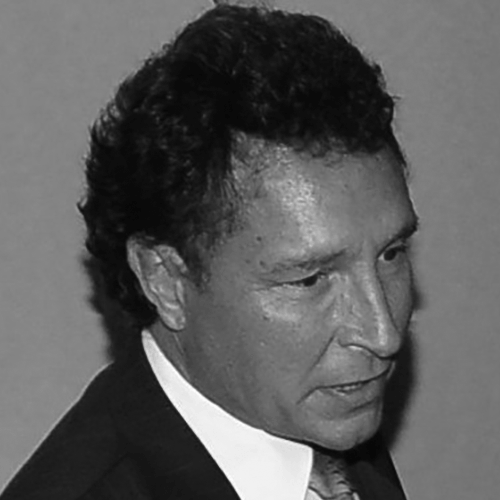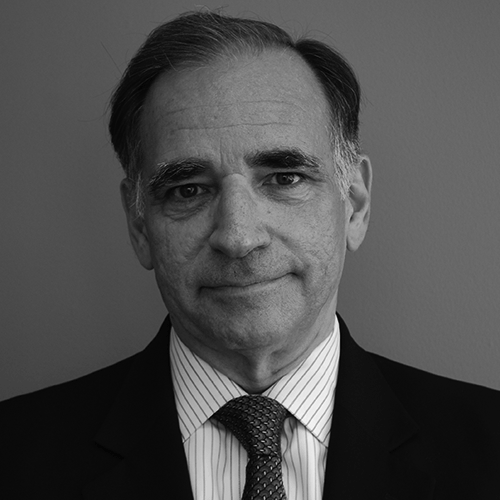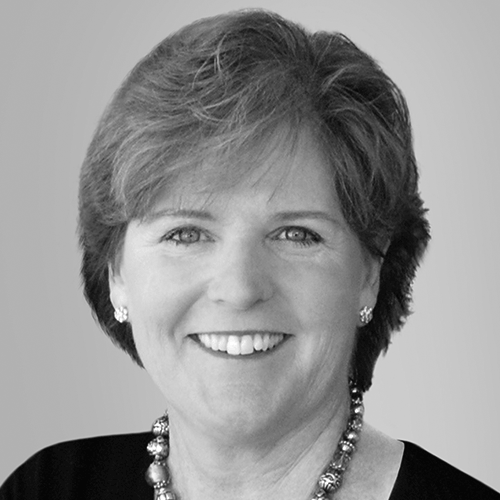Individuals at the top of their field weigh in on how to bring health care up to speed with the modern world and give credit to some major achievements already being made.

Hans C. Kastensmith
CEO, Privis Health
What is the biggest obstacle facing the health care industry today?
The 18 percent of patients utilizing 80 percent of the health care dollar. The United States has a propensity to concentrate on the insurance problem; We mistakenly believe that a new insurance system will reduce health care costs when, in fact, health care delivery reform has the largest effect on lowering health care costs.
How do we overcome this obstacle?
Continue to expand innovation in reform programs started at CMS/CMMI. CPCplus, MSSP, IAH and NextGen ACO need to continue to mature. Pay attention to the adoption of proven advanced models in Vermont, Michigan, Oregon, Colorado and Oklahoma, which have demonstrated that true care management supported by actionable data effectively lowers healthcare costs.
What health care advancement are you most excited about?
The innovation we are seeing in delivery reform and population health management. Specifically, the attention that is being paid to the socioeconomic and behavioral aspects of care. It is exciting to see the emergence of this very important set of care pathways being incorporated into primary care.

What is the biggest obstacle facing the health care industry today?
Even with the shift to value-based care, health care costs will continue to spiral out of control without a more holistic understanding of what actually drives “value.” Value cannot simply be measured by episode costs, but must also consider short-term and long-term patient outcomes and opportunities for less-costly preventative care.
How do we overcome this obstacle?
The health care system needs to utilize software technologies to optimize the delivery of clinically-integrated care across the entire episode of care pathways, rather than just treating the acute episode itself. Digital health technologies are key to driving the personalized engagement necessary for patients to take ownership of their care.
What health care advancement are you most excited about?
The prospect of applying machine learning to health care data sets is opening the door — not only to innovative products that would assist with real-time intervention but also to future opportunities of using predictive and prescriptive analytics to prevent future acute episodes. It’s not about big data. Rather, it’s about harnessing actionable data.

Peter Masanotti
CEO, Casenet
What is the biggest obstacle facing the health care industry today?
Business health is linked directly to the overall health of member populations. When technologies, people and data work in harmony, a real, positive impact can be made on the health of individuals and populations. Providing access to the right data at the right time to the right people is imperative to advancing health across the world.
How do we overcome this obstacle?
Sound investments in innovative, nimble technologies that integrate data systems and align with organizational needs are key to providing quality care that improves populations and reduces costs. Technologies that streamline the management of patients with the most complex conditions while also maintaining the wellness of healthy populations should also be prioritized.
What health care advancement are you most excited about?
Universal, longitudinal care records that travel with patients and provide ubiquitous access to care information. Such an innovation requires advanced information integration to deliver 360-degree, longitudinal views of patients regardless of location, payer or provider. Unifying all health information along a patient’s health journey will allow care teams to achieve the best quality care and outcomes.

Michel Nadeau
CEO, Tactio Health Group
What is the biggest obstacle facing the health care industry today?
In addition to an aging population and rising cost conundrum, health care is a competitive market with customers increasingly demanding digital, mobile and connected services. These customers are shopping and banking online, yet are still forced to fill, over and over, the same paper forms in a waiting room. There are lots of parallel to make with banking, which, like health care, started by digitizing on the professional side, but then introduced ATMs, web portals and now mobile apps. The gain in efficiency eventually led to tremendous digital marketing opportunities.
How do we overcome this obstacle?
Digitization has brought a boon in productivity for every industry embracing it. Electronic health records were a great step in terms of professional workflow efficiency and an enabler for other technologies like e-prescribing and lab ordering. Now that the clinical e-infrastructure is in place, it’s time to double down and digitize the patient experience. And that includes the provision of a comprehensive and reliable retail offering in health care Internet of things, which today is still too “geeky” and not geared towards the patient.
What health care advancement are you most excited about?
New, bipartisan legislation promoting patient-centered care with telehealth and quality-based reimbursements mechanisms. The fact that patients become partners of their own care certainly constitutes a big challenge, but telehealth gives the opportunity not only to provide better care but also to increase and document patient accountability. We’re also excited to notice in our own projects an increase in the clinical workload of a key (yet underappreciated) service provider: the pharmacist.

Lynn O’Connor
Vos, CEO, Greyhealth Group
What is the biggest obstacle facing the health care industry today?
Players in health care continue to cling to an old model: a primary care physician serves as a trusted advisor for patients and intermediary for pharmaceutical companies and insurers. But younger generations, like millennials, reject that model. Since millennials are now the largest generation, the industry needs to keep up or lose out.
How do we overcome this obstacle?
We have developed five rules for the health care industry in dealing with millennials: one, get on the same page. Millennials view health as more than just the absence of illness. Two, gain their trust. Listen to them and build on their knowledge. Three, be a team member. Millennials view themselves as a part of the solution. Four, bolster their confidence. Millennials need advice and support. Five, join the fold. Millennials crave community.
What health care advancement are you most excited about?
I’m most excited about the advent of precision medicine. As genetic testing becomes increasingly affordable, the genetic sequencing of every patient could become a reality. This would enable the understanding of someone’s illness based on their specific genetic makeup, making it possible to select or develop the best treatments targeted to that particular individual.

